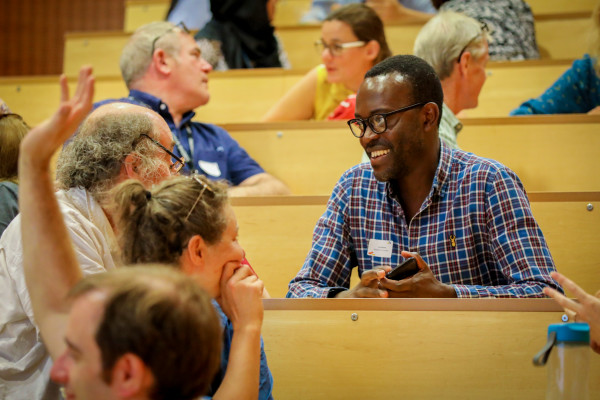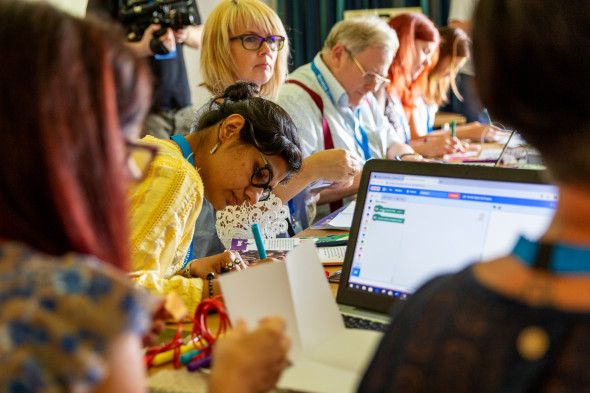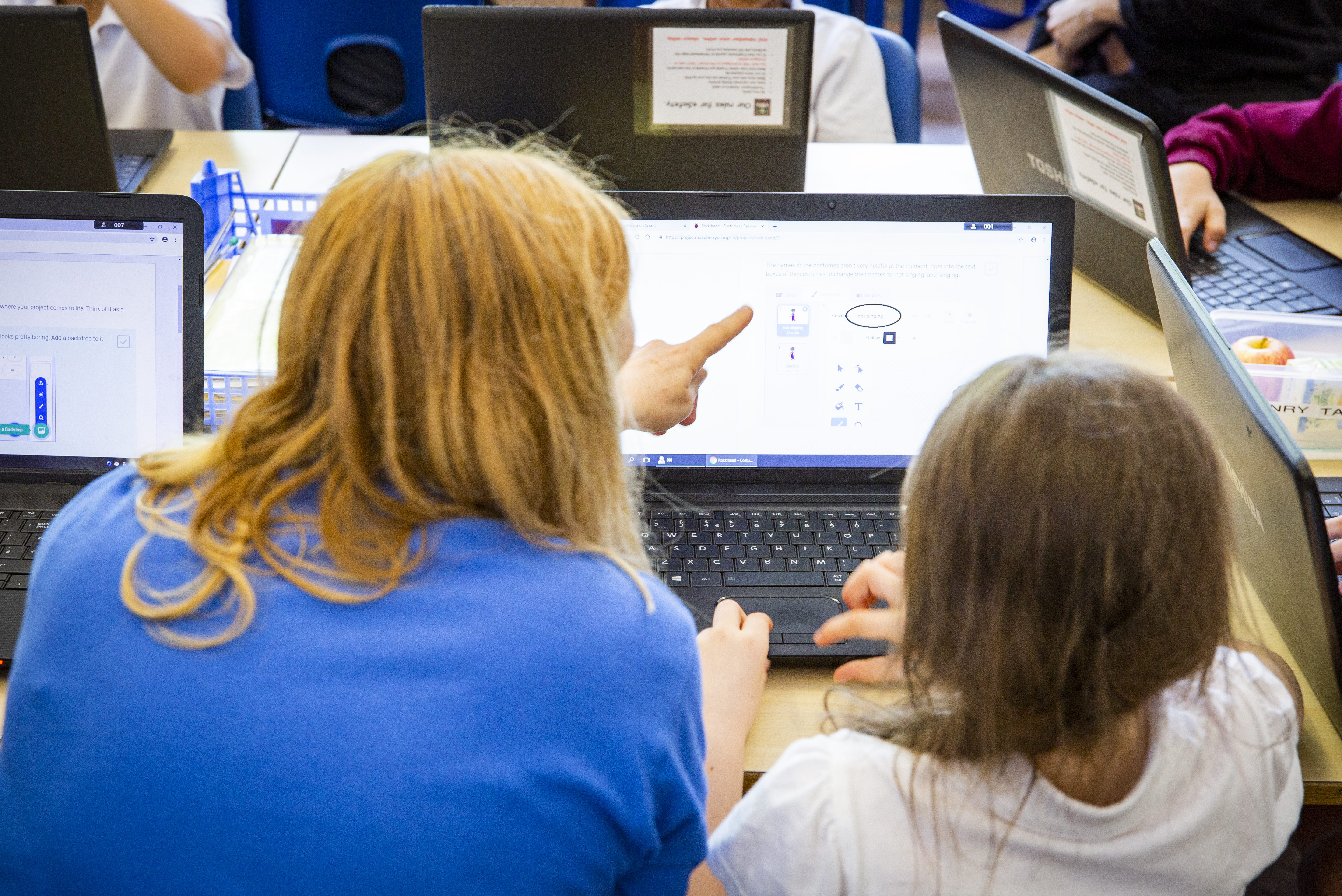Research
Through original research and convening a global network of independent researchers we are deepening our understanding of how young people learn about computing and digital making. In July 2021 we announced the creation of the Raspberry Pi Computing Education Research Centre at the University of Cambridge. It has a separate website where you can find out more.

From the blog
Research projects
We engage in rigorous original research around computing education and learning for young people, particularly those who are traditionally under-represented in the field of computing or who experience educational disadvantage. We are working on two related research strands: computing for all and the teaching and learning of computing.
Research projectsEvents and seminars
We regularly host events that support the development of a global community interested in current computing education research. Our monthly online research seminars feature presentations from the world’s best researchers in the field.
Upcoming seminars
Research publications
We share all of our research work through blogs, reports, papers from our research seminars, and academic publications. We ensure that open-access versions of our academic publications are available.
Research publications

